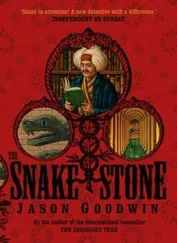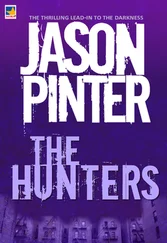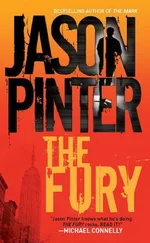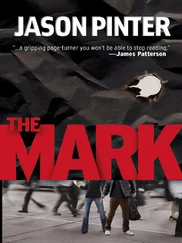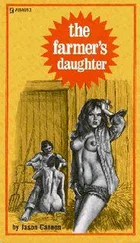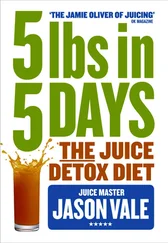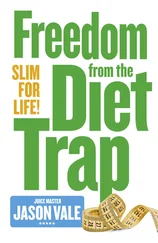When Richie Andrews came back from his honeymoon, he played tight head and I kept the loose-head spot. It had been a quick progression from playing casually at Barking to running out for Saracens, and I knew I was extremely young to be a Division Two prop, but I was ready – I had always been big, had always played a few years above my age and I’d had a couple of years of playing full-on adult rugby so I knew what to expect and what I would have to cope with.
While I was at Saracens, I carried on working on building sites – helping out, doing the lifting, slowly learning a trade and earning enough money to allow me to train whenever I could. I know that a lot of people thought we were getting paid by clubs at the time, but we weren’t – we got our beer and kit paid for and there was transport to training, but that was it.
When I wasn’t on site, I would be either fitness training in the gym or on the track, or rugby training. It all meant that I was extremely fit and quite lightweight for a prop (16 stone), so I tore around the pitch, causing as much trouble for the opposition as I could. That season we won all the games in the Second Division and were promoted to the First Division. Our results must have caught the eye of the selectors, because in 1988/89 I made it onto the bench for England U21 v Romania U21.
I had a great time at Saracens. I remember once when we were on the bus driving back from a match and Tony Russ fell asleep. We always had a rule that there was no sleeping allowed on an away trip so we decided to punish him. He had these enormous, bushy Dennis Healey eyebrows so it seemed obvious that the best punishment was to shave one of them off. Unfortunately, it was decided that I was the best person to perform this task, so I crept up on Tony slowly, clutching a razor. I had got to within an inch of his face when he opened the eye I was about to shave above and said, ‘I wouldn’t, Leonard. I really wouldn’t. Not if you ever want to play for Saracens again.’ Needless to say I didn’t.
Getting into the First Division at a London club also meant I was a contender for a place in the London divisional squad. I played in only one London game, when we took on the South-West at Imber Court. I ended up in the team because Judge was unwell. As soon as I heard about his illness and the fact that they needed a replacement, I raced across town to make it for the start of the game. It was well known that England were looking for a successor to Paul Rendall at the time and that they had tried to find a successor in 1989 without any luck.
Paul was the best prop around and England knew that they would need a good replacement for him, or risk the huge advantage they had in the forwards – with the likes of Paul Ackford, Wade Dooley, Mike Teague, Peter Winterbottom and Dean Richards. They knew that they couldn’t afford to let the front row weaken or they’d weaken the whole scrum and the line-out – the platform of the English game. They had to find a good replacement.
I watched Judge carefully, trying to set myself up as a possible replacement for him. He was a great scrummager and the best line-out supporter (these were the days where you didn’t lift, you ‘supported’). The difference between supporting and lifting was very subtle – it was basically all in the shape of the hands. The easiest way to lift was to grab handfuls of your second row’s shorts and hoist him into the air. Therefore, to prevent this, referees insisted that you had an open hand at all times. If a ref caught you with your fists clenched you’d be pulled for lifting.
Judge realized this early on and had developed the very impressive skill of lifting with an open hand. It was very effective and Judge was the best at it in the world. The crafty old sod wouldn’t teach me what to do, so I had to watch him carefully. Because we were in direct competition for places, he didn’t want to give me too much information about the task. I’d ask him ‘Am I doing this right?’ and he’d say ‘Yes’ although I knew I wasn’t. As soon as I was established in the side, and when I was in the World Cup squad, he started helping me a lot more, explaining that you could get away with lifting by catching the jumper under his last rib and his chest side on, and just support him under the rib cage, so you could do it open-handed and therefore not be officially lifting.
It used to be funny during games. The second row would be in mid-air, and the referee would know that there was lifting going on. He’d think ‘I can see that bugger’s lifting, but his hand’s open so there’s nothing I can do.’
This was the sort of stuff you had to pick up along the way from the experienced guys. After London and a brief flirt with England U21 came England B. I was selected to play for them against Fiji, at Headingley. Geoff Cooke, the England manager, was keen to try out younger props, so Mark Linnett and Andy Mullins played for the first team, while Jeff Probyn and I propped against Fiji B. The match went well and it was good to play alongside Jeff. When Cooke called me up and said that I was down for the next representative game – England B v France B, away – I knew that I was in the reckoning and that one day they might take a chance on me in the first team.
Конец ознакомительного фрагмента.
Текст предоставлен ООО «ЛитРес».
Прочитайте эту книгу целиком, купив полную легальную версию на ЛитРес.
Безопасно оплатить книгу можно банковской картой Visa, MasterCard, Maestro, со счета мобильного телефона, с платежного терминала, в салоне МТС или Связной, через PayPal, WebMoney, Яндекс.Деньги, QIWI Кошелек, бонусными картами или другим удобным Вам способом.


